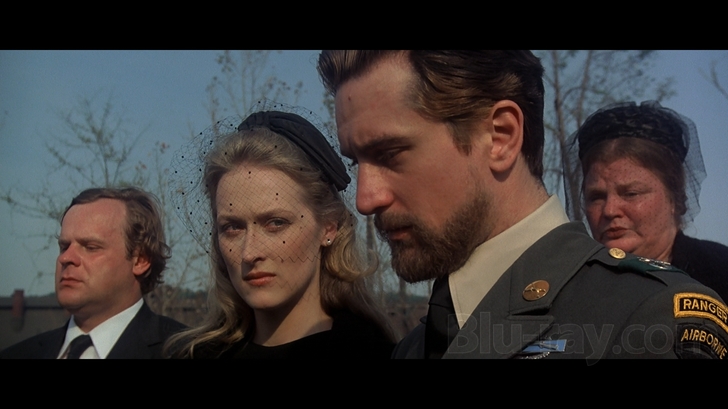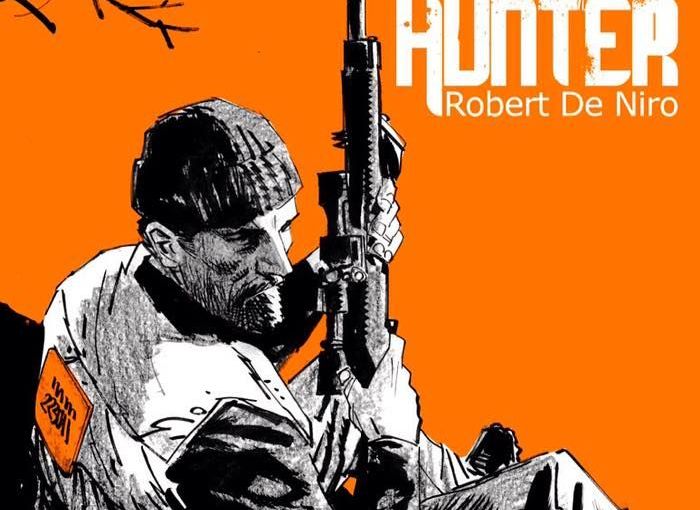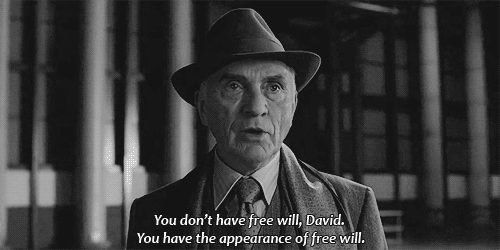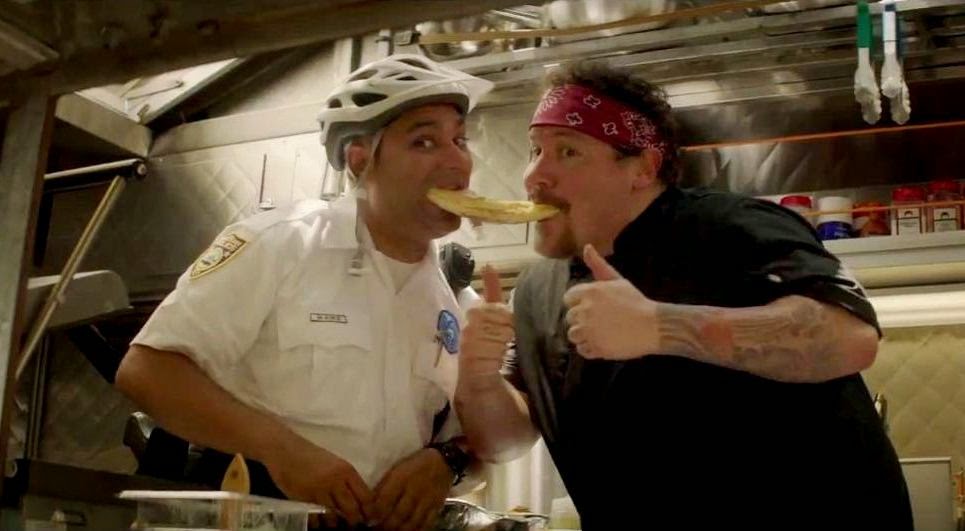This is the story of how Farrah and I, as a couple, complete the IMBD list of 100 Best Movies Of All Time.
Farrah’s and my selection of movies are aligned in some yet varied in most. Thankfully, though, we agree on one critical junction. That The Lord Of The Rings is a stupendous movie, (and I am using stupendous to sound less of a nerd), worth watching many times!
Anyway, I made the call to start from anywhere on the list randomly and we got The Deer Hunter.
A 1978 American epic war drama film co-written and directed by Michael Cimino about a trio of steelworkers whose lives were changed forever after fighting in the Vietnam War. The three soldiers are played by Robert De Niro, Christopher Walken, and John Savage, with John Cazale (in his final role), Meryl Streep, and George Dzundza playing supporting roles. The story takes place in Clairton, Pennsylvania, a working-class town on the Monongahela River south of Pittsburgh, and in Vietnam.–Wikipedia
Here are a few things we learned from the movie.
You Are Who You Decide You Will Be
The movie takes into the lives of three of five close friends, who had lived a careless life working together at a metal works factory and casually wallowing their days away with beer and deer hunting. There was Mike (Robert De Niro) the sensible one, then there was Nick (Christopher Walken) the boy-next door, Steve (John Savage) the adult who had not outgrown his teenage years.
It was truly masterful how the first few scenes that showed nothing but their partying, drinking, deer-hunting and juvenile shennanigans were abruptly given a striking halt by the horrors the three of the faced as they get deployed to Vietnam during the War.

I have been definitively told that the movie was about the horrors of war, specifically, the most controversial at that time—Vietnam. However, I saw something different, like it impacted me on a different way than it did majority of the viewers.
As the scenes progress, it dawned on me that it may not entirely be the war that is being presented here, neither was it the outcomes of it, rather how a person either makes or breaks himself in moments of adversity.
In the film, Mike comes home rather normal. Of course, he was broken, but still able to adjust to move on with his life, compared to two of his other friends.
Maybe the movie is not about showing the horrors of war in the hopes of world peace, perhaps it was about how we can overcome the horrors we see as we close our eyes, the monster we let live inside us and the regrets we allow to fester in our conscience.
There is no telling, but Mike, being able to come home and managing to still be himself made me remember a lesson from late Dr Covey—that we are not a product of our experience/environment, but of our decisions.

Yes, we can chose to live our lives every day like we had seen action in Vietnam and justify the injustice of life for our actions, but that truly is no excuse for not having a purpose, a sense of meaning and living our lives to the full.
If Mike did it, perhaps, we, too, can.
We Need To Make The Most Of The Time Given Us
The quote is actually taken from The Lord Of The Rings, or maybe someone important said it, but I just did not know who, then again the awful ending of the movie rang the bells that got me scouring for the quote.
The middle part of the film shows us how while held prisoner by the Vietcong, Mike and Nicky were forced to play Russian Roulette as their captors bet on the outcomes. It was a riveting scene really, I remember watching it as a kid and now as an adult, the amount of trepidation I felt did not diminish.

Anyway, while Nicky was crying and being desponded, as anyone probably would. Mike, found hope amidst the hopelessness. He ups the game, by asking for two bullets to be loaded, instead of the occasional one. It added more spice for the game for the captors but increased the chances of either of Mike or Nick’s death in the process.
It was a smart move, however. As they are both dead anyway, having two bullets allows either of them to have one bullet after the other dies enough to shoot one of the five guards and hopefully take down the rest with the military training they had had.
Finally, with some luck, Mike feels his turn to be loaded and shoots at the enemy paving the way for the three of them to escape. Their reunion was to be cut-short, however, as they managed to get rescued but separated at the same time.
Before I get carried away and start writing an ugly synopsis of the movie, my point is—most of us see the situation for what it is and willfully play victim to it like Nick. Not that this makes any of us a lesser person if we have been so in the past, but if we keep on being so, we will never see the opportunities that present our way.
We should really be more like Mike (again, he is the cool guy in this movie), who regardless if he had lost hope or not, simply refused to let life win and took measures to play life’s game to his advantage.
All of us, do not have long on this earth and if we keep on playing victim to the circumstance, we will never make the most of the time that is given to us.
There are Friends, Then There Are True Friends
The scene that had the most profound effect on me was how Mike, decides to come bac to look for Nick. I mean, we all have friends, but going back to Vietnam as the US Military was pulling out and in chaotic times was hardly an easy decision.

He was home, he has a chance to live his life, but he chooses to go back and search for his friend. Add to it that the search was not easy. He probably had to pull some strings to get there and he spent an awful lot of money just to have a table with Nick.
And man, the fine acting you see, as Mike grieves the death of Nick on that same night they met, cemented De Niro for me as one of the greatest actors of all time, but this is not my point. I just could not stop but segue.
The point is, if you call yourself a friend to someone, the measure by which you should think you are, is what Mike did for Nick. Anything less and you are just an acquaintance.




 Sure he failed three times and nearly lost the opportunity to be with Elise, but when it mattered the most, he was willing to risk everything to write his own story and not live the one that was made for him.
Sure he failed three times and nearly lost the opportunity to be with Elise, but when it mattered the most, he was willing to risk everything to write his own story and not live the one that was made for him.

 So if all our choices, carefully chosen or not bear some consequences that we all have to pay, might as well give them more thought and decide wisely.
So if all our choices, carefully chosen or not bear some consequences that we all have to pay, might as well give them more thought and decide wisely.





 We ought to take ownership of our emotions, understand that there are things outside our control and stressing over them is a waste of energy. Meanwhile, there are things that we can definitely do something about that is a much better way of expending our attention and our best efforts I.
We ought to take ownership of our emotions, understand that there are things outside our control and stressing over them is a waste of energy. Meanwhile, there are things that we can definitely do something about that is a much better way of expending our attention and our best efforts I.




